This office provides on-site and remote services to UNM employees (faculty and staff), graduate students and their colleagues. A skilled ombuds will listen to you, help you identify available options and resources, and support your process of evaluating whether (or not) to take specific actions. The ombuds provides a neutral perspective on your situation, as well as information about useful campus and community resources.***
This office is a confidential, informal service that helps you think out loud about your situation. Your communications with and visits to the ombuds remain confidential, even to the UNM administration.
You determine what your next steps will be following the ombuds visit. Any reporting or other actions you take following your consultation with the ombuds are entirely up to you.
- This office supports informal and collaborative problem-solving, in which your participation is always voluntary. Ombuds Services does not engage in investigation, advocacy, reporting, sanction, or formal process of any kind.
CARS provides on-site and remote services to assist UNM faculty and staff members with professional and personal concerns. CARS supports employees with a variety of challenges, including conflicts with coworkers, relationship difficulties, anxiety, stress and job burnout, depression, eldercare, alcohol or other drug abuse, managing change, grief and loss issues, and preparing for retirement.
- Regular appointments to treat a wide range of staff and faculty concerns from a therapeutic perspective.
- Consultation for Supervisors managing employees.
- Crisis intervention during work hours.
Chair or Director
Chairs and Directors are important sources of information, and may help you resolve a situation informally, but they are also required to report certain incidents to university authorities. As supervisors, they may also have competing responsibilities toward other staff or faculty involved in the conflict.
Chairs or Directors also play an important role in resolving bullying disputes, both informally and formally, via the University’s Respectful Campus policies (Faculty Handbook C09 and University Administrative Policy 2240). If you wish to report bullying by another faculty member, contact the offending faculty's Chair or Director. If a staff member engages in bullying, contact the offending staff member's Supervisor. If you experience harm from your own Chair or Director, or if you are a Chair or Director, you may wish to consult with the appropriate Associate Dean or other official at the next higher level of authority. If a staff member engages in bullying, contact the offending staff member's Supervisor.
- The Chair or Director may be able to refer you to helpful campus and community resources, including appropriate places for reporting misconduct.
- Your Chair or Director may offer remedies to help manage your concern, including voluntary mediation or changes to work schedule or environment.

